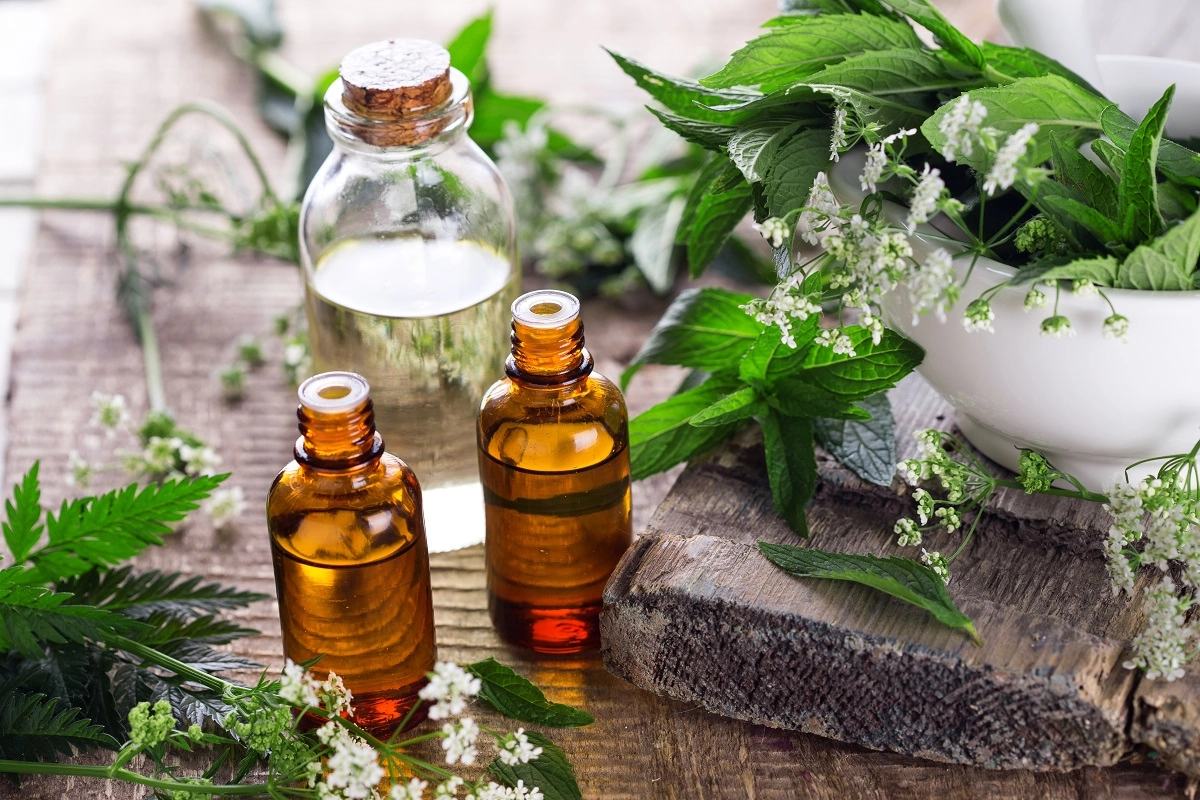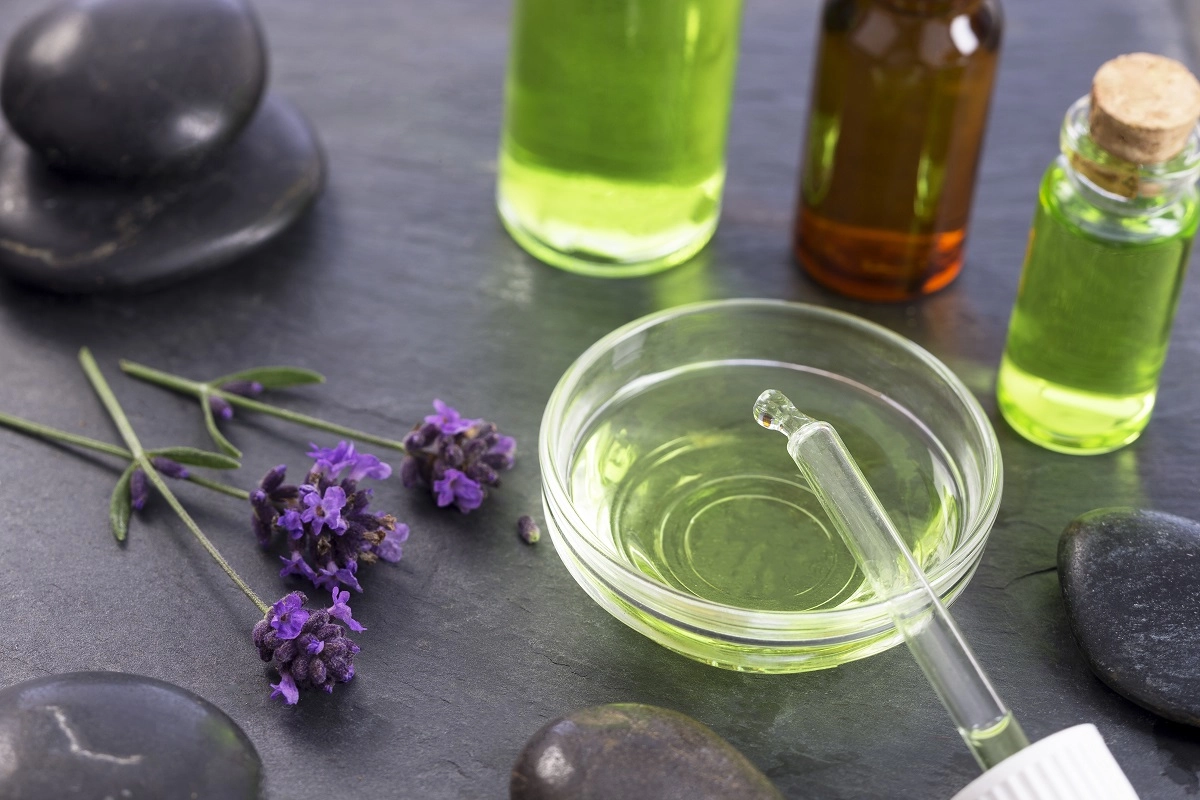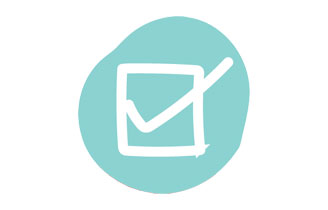Herbal medicines and homeopathic remedies
You should always consult your medical team before taking any herbal medicines or homeopathic remedies for a brain tumour.
Chemists usually make herbal medicines and homeopathic remedies with natural ingredients. But, you should still be cautious about taking these. They can directly cause potentially harmful effects or interfere with other treatments you’re having.
On this page, we’ll discuss:

Herbal medicines
Herbal medicines are made from plant parts, such as roots, leaves and flowers.
Many people think that because herbal medicines are natural, they’re safe to take. However, they can have potentially harmful effects either directly, by causing a bad reaction or side-effects, or indirectly, by interfering with your standard treatment.
For this reason, you should be cautious about taking herbal medicines and you should always consult your healthcare team before doing so.
Are herbal medicines licensed?
Herbal medicines that are mass produced and sold over the counter need to be licensed and granted a tradition herbal registration (THR).
However, it’s important to note that herbal medicines made specially for an individual or bought online or by mail order don’t need to be licensed. These medicines may run the risk of having no license, being substandard, fake or even contaminated.
Medicines and Healthcare Products Regulatory Agency (MHRA) licenses herbal medicines in the UK under the Traditional Herbal Medicines Registration Scheme. This provides specific safety and quality standards. Manufacturers with the registration scheme are also under legal obligation to monitor the safety of their products once they’re on the market.
If the Medicines and Healthcare Products Regulatory Agency (MHRA) finds a herbal product that contains potentially harmful ingredients, it posts details of that product on its website.
So if you want to try a herbal medicine to treat a brain tumour, it’s best to look for THR on the packaging. But, be aware that a THR-labelled product:
- is intended only for minor conditions that can be self-treated and don’t need medical supervision, such as coughs, colds or general aches and pains, so is not likely meant to treat brain tumours
- could be harmful when used for more serious conditions like brain tumours, especially if you delay seeking medical advice
- isn’t necessarily completely safe for everyone to take.
Also, its claims are based on traditional usage, not on evidence of the product’s effectiveness.

Homeopathic remedies
Homeopathic remedies are made from highly diluted substances that claim to cause the body to heal itself. However, there’s no scientific evidence to support this, so healthcare professionals see these as a complementary or alternative medicine.
As a result, homeopathy is usually provided privately. There’s no legal regulation of homeopathic practitioners in the UK nor of the substances that these remedies may contain.
As with herbal medicines, some homeopathic remedies may contain substances that aren’t safe or may interfere with your standard treatment. Always speak to your doctor if you’re thinking of trying some.
The MHRA has recently introduced a new scheme for regulating homeopathic remedies, though only a few are now ‘licensed’. Remedies licensed and manufactured under the scheme will be in a container that’s labelled with a Homeopathic Registration (HR) number.
Support and Information Services
Research & Clinical Trials Information
You can also join our active online community.
In this section

Get support
If you need someone to talk to or advice on where to get help, our Support and Information team is available by phone, email or live-chat.
Recommended reading
Share your experiences and help create change
By taking part in our Improving Brain Tumour Care surveys and sharing your experiences, you can help us improve treatment and care for everyone affected by a brain tumour.
